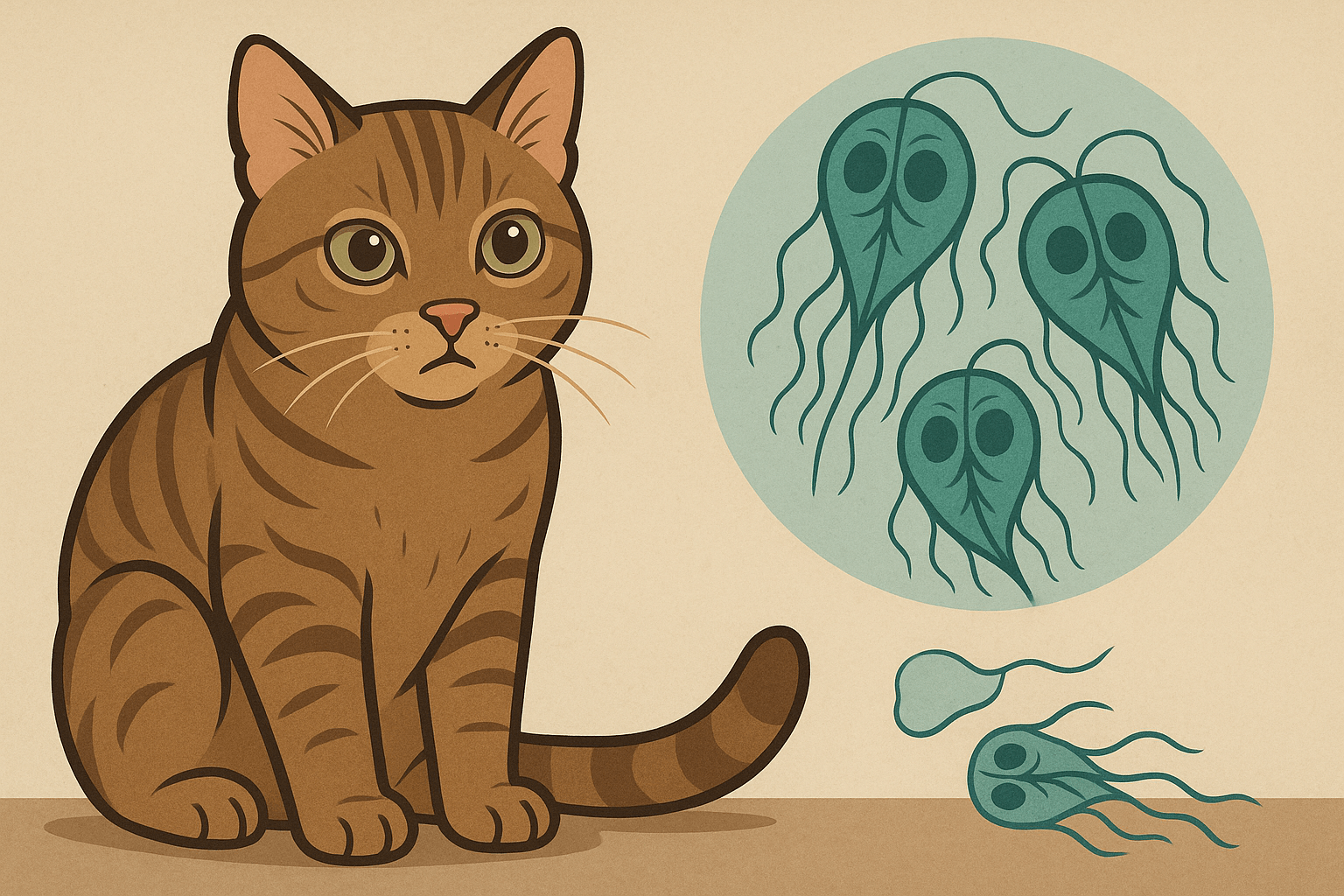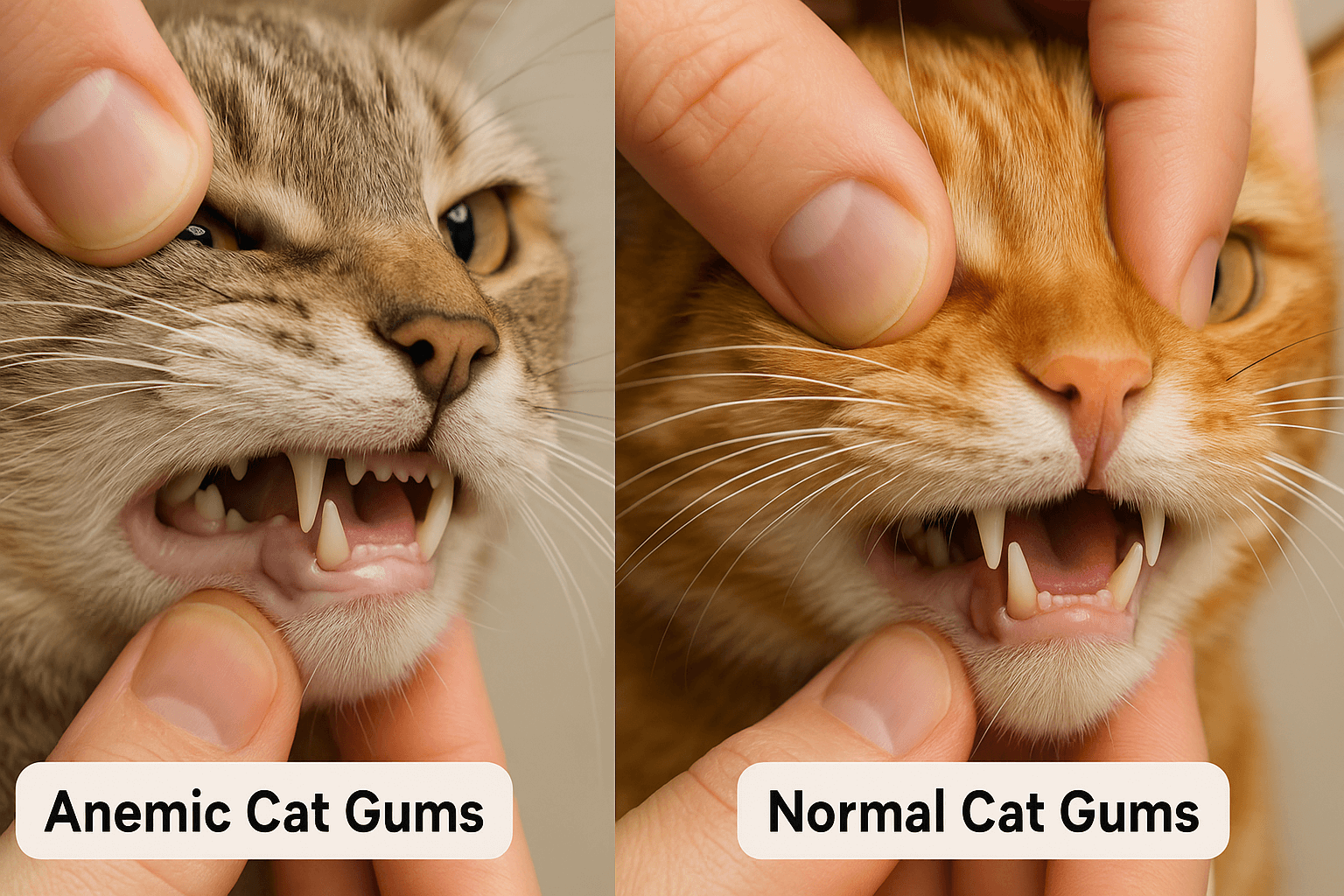Cat Asthma Life Expectancy: Understanding the Impact on Your Feline Friend
Cat asthma, also known as feline asthma or allergic bronchitis, is a chronic respiratory condition that affects many cats worldwide. While it can be concerning to learn that your beloved pet has asthma, understanding how it impacts their life expectancy and overall well-being can help you provide the best care possible. With proper management, most cats with asthma can live long, happy lives. However, untreated or poorly managed asthma can lead to complications that may affect their lifespan. In this blog post, we’ll explore cat asthma in detail, including its effects on life expectancy, treatment options, and tips for supporting your feline companion. Let’s dive in and empower ourselves with knowledge to ensure our furry friends thrive despite their condition.
Factors That Influence Life Expectancy in Cats with Asthma
The life expectancy of a cat with asthma depends on several factors, including the severity of the condition, the quality of care provided, and how well the disease is managed. Here are some key factors that play a role:
Severity of Symptoms
Mild cases of asthma may have minimal impact on a cat’s lifespan, while severe cases can lead to frequent flare-ups and complications.Timely Diagnosis
Early detection allows for prompt treatment, which can significantly improve outcomes and extend life expectancy.Adherence to Treatment Plans
Cats receiving consistent and appropriate treatment, such as medications or lifestyle adjustments, tend to live longer, healthier lives.Underlying Health Conditions
Cats with other health issues, such as heart disease or obesity, may face additional challenges that could affect their longevity.Environmental Management
Reducing exposure to asthma triggers, like dust or smoke, can help minimize symptoms and improve overall health.
By addressing these factors, pet owners can positively influence their cat’s prognosis and ensure they enjoy a high quality of life for years to come.
Common Symptoms of Cat Asthma to Watch For
Recognizing the signs of cat asthma early is crucial for effective management and improving life expectancy. Here are some common symptoms to monitor:
Wheezing or Coughing
Cats with asthma often produce a distinctive wheezing sound or persistent cough, especially after physical activity.Labored Breathing
Rapid or shallow breathing, particularly when resting, can indicate respiratory distress.Open-Mouth Breathing
Breathing with an open mouth is unusual for cats and may signal difficulty getting enough air.Lethargy
A noticeable decrease in energy levels or reluctance to engage in play can be a sign of underlying respiratory issues.Blue Gums or Tongue
A bluish tint to the gums or tongue indicates a lack of oxygen and requires immediate veterinary attention.
If you notice any of these symptoms, consult your veterinarian promptly. Early intervention can make a significant difference in managing asthma and ensuring your cat’s well-being.
Check this guide 👉The Curious Case of Heavy Breathing in Cats: Best 7 Tips!
Check this guide 👉Cat Breath Smells Like Rotten Meat: Best 7 Expert Tips!

Factors Affecting Life Expectancy | Tips for Managing Cat Asthma |
|---|---|
Severity of symptoms | Use prescribed inhalers or medications |
Timely diagnosis | Schedule regular vet check-ups |
Adherence to treatment | Reduce exposure to allergens like dust or smoke |
Underlying health conditions | Maintain a healthy weight |
Environmental management | Create a stress-free living space |
Treatment Options for Managing Cat Asthma
There are several treatment options available to help manage cat asthma effectively, improving both quality of life and life expectancy. Here’s an overview of common approaches:
Inhalers and Bronchodilators
Specialized feline inhalers deliver medication directly to the lungs, helping to open airways and reduce inflammation.Oral Steroids
Anti-inflammatory medications, such as prednisone, can reduce swelling in the airways and alleviate symptoms.Antihistamines
These medications may help control allergic reactions that trigger asthma attacks.Oxygen Therapy
In severe cases, supplemental oxygen may be necessary to stabilize a cat experiencing respiratory distress.Lifestyle Adjustments
Changes like using air purifiers, avoiding scented products, and keeping the home clean can reduce asthma triggers.
With the right combination of treatments, most cats with asthma can live comfortably and avoid serious complications. Always follow your vet’s recommendations for the best results.
Tips for Supporting Your Cat’s Longevity with Asthma
While asthma is a lifelong condition, there are many ways to support your cat’s health and maximize their life expectancy. Here are some practical tips:
Monitor Their Breathing
Keep an eye on your cat’s respiratory patterns and report any changes to your vet immediately.Maintain a Clean Environment
Regularly clean your home, vacuum carpets, and wash bedding to minimize allergens.Avoid Smoke and Strong Scents
Keep your cat away from cigarette smoke, perfumes, and cleaning products that could irritate their lungs.Encourage Moderate Exercise
Gentle play helps keep your cat active without overexerting their respiratory system.Stay Informed
Educate yourself about feline asthma to better understand your cat’s needs and advocate for their care.
By incorporating these practices into your daily routine, you can help your cat live a longer, healthier life despite their asthma diagnosis.
Signs of Progress in Managing Cat Asthma
Managing cat asthma requires patience and consistent care, but over time, you may notice improvements that indicate your efforts are paying off. Here are some positive signs to look for:
Fewer Asthma Attacks
A reduction in the frequency of flare-ups suggests that your management plan is effective.Improved Breathing
Easier, quieter breathing indicates that inflammation and airway constriction are under control.Increased Energy Levels
If your cat becomes more active and playful, it’s a good sign their respiratory health is improving.Better Appetite
A healthy appetite often reflects overall well-being and reduced stress on the body.Weight Stability
Maintaining a stable, healthy weight shows that your cat’s body is functioning optimally despite asthma.
These signs of progress highlight the importance of sticking to your treatment plan. Celebrate these milestones, but continue to monitor your cat’s condition closely.
Common Mistakes to Avoid When Caring for a Cat with Asthma
While managing cat asthma, it’s easy to make mistakes that could hinder your cat’s recovery or worsen their condition. Being aware of these pitfalls can help you provide better care. Here are some common mistakes to avoid:
Skipping Medications
Missing doses of prescribed medications can lead to uncontrolled symptoms and flare-ups.Ignoring Environmental Triggers
Failing to address allergens like dust, mold, or smoke can perpetuate respiratory issues.Overlooking Regular Vet Visits
Skipping routine check-ups can delay the detection of complications or adjustments to treatment.Using Human Medications
Applying human asthma treatments without veterinary guidance can harm your cat.Neglecting Weight Management
Obesity can worsen asthma symptoms, so maintaining a healthy weight is crucial.
Avoiding these mistakes ensures your cat receives the best possible care. Always prioritize professional guidance and maintain a proactive approach.
Fun Facts About Cats and Respiratory Health
Understanding feline respiratory health can deepen your appreciation for your cat’s unique biology and the challenges they face with conditions like asthma. Here are some fascinating facts:
Cats Are Obligate Nose Breathers
Unlike humans, cats typically breathe through their noses unless they’re experiencing respiratory distress.Asthma Affects Up to 5% of Cats
It’s one of the most common chronic respiratory conditions in felines.Secondhand Smoke Harms Cats
Exposure to cigarette smoke increases the risk of asthma and other respiratory diseases in cats.Air Purifiers Can Help
Using HEPA filters in your home can significantly reduce airborne allergens that trigger asthma.Stress Can Worsen Symptoms
Emotional stress can exacerbate asthma, highlighting the importance of a calm environment.
These fun facts underscore the delicate balance of a cat’s respiratory system. By understanding their needs, we can create a healthier, safer environment for our feline companions.
Frequently Asked Questions About Cat Asthma and Life Expectancy
Can cats with asthma live normal lives?
Yes, with proper management, most cats with asthma can live long, fulfilling lives.
How is cat asthma diagnosed?
Veterinarians use tools like X-rays, blood tests, and clinical evaluations to diagnose asthma.
What is the average life expectancy of a cat with asthma?
Cats with well-managed asthma can live into their teens, similar to healthy cats.
Are certain breeds more prone to asthma?
Siamese and Himalayan cats are more susceptible, but any breed can develop asthma.
Can asthma be cured in cats?
Unfortunately, asthma cannot be cured, but it can be effectively managed with proper care.
Empowering Your Cat’s Journey with Asthma
Living with a cat diagnosed with asthma may seem daunting, but it doesn’t have to define their life—or yours. With early detection, consistent treatment, and a loving, supportive environment, most cats with asthma can enjoy long, happy lives. By staying informed and proactive, you can ensure your feline companion thrives despite their condition. Remember, your dedication and care are the most powerful tools in helping your cat live their best life. Together, you can navigate this journey with hope, resilience, and unwavering love.
Giardia in Cats: Best 7 Expert Tips! Discover expert advice on identifying, treating, and preventing giardia in cats to ensure your feline stays happy and healthy.
Cat Hyperventilating: Best 7 Expert Tips! Discover signs, causes, and solutions for cat hyperventilation. Learn how to calm your cat and when to seek veterinary care for their breathing issues.
Anemic Cat Gums vs Normal: Best 7 Expert Tips! Learn to spot signs of anemia in cats, understand gum health, and ensure your feline stays happy and healthy with expert advice.
Himalayan Cat Size: Best 7 Expert Tips! Discover expert advice on Himalayan cat size, growth factors, care tips, and how to ensure your feline stays healthy and happy.





